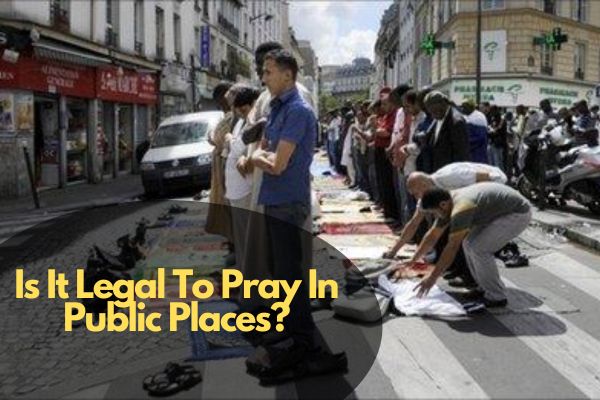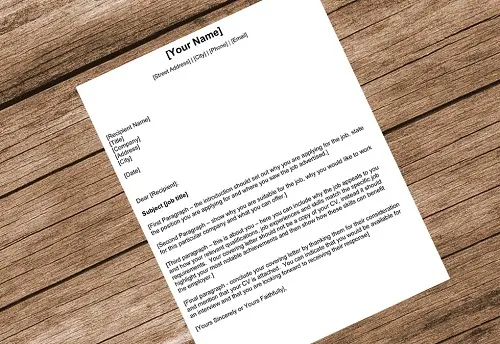Public expressions of religious beliefs and practices have been a subject of debate and controversy in many societies. One aspect that often arises in these discussions is the legality of praying in public places. In this article, we will explore whether it is legal to pray in public places, examining the legal frameworks, considerations, and perspectives surrounding this issue.
Is It Legal To Pray In Public Places?
The answer, like many legal issues, is complicated and contingent on the unique context. In most nations, the right to worship in public places is protected under freedom of religion laws. So, therefore the right to pray in public spaces is a fundamental human right, but it’s not without limitations.
This fundamental right is recognized by international human rights agreements such as the Universal Declaration of Human Rights and regional treaties such as the European Convention on Human Rights.
Understanding the Legal Frameworks
The legality of praying in public places can vary depending on the jurisdiction and the specific circumstances. It is essential to examine the legal frameworks in different countries to gain a comprehensive understanding of how the law addresses this issue. Laws related to freedom of religion, public spaces, public order, and human rights play a role in shaping the legal landscape.
Separation of Church and State
One key concept that often influences the legality of praying in public places is the principle of separation of church and state. This principle aims to maintain a distinction between religious institutions and the government, ensuring that no particular religious group is favoured or discriminated against in public life. The interpretation and application of this principle can vary, leading to different legal outcomes.
Public Prayer in Secular Societies
In secular societies where the separation of church and state is emphasized, the legality of public prayer may be subject to restrictions. The focus is often on maintaining neutrality and ensuring that public spaces remain inclusive and accommodating for individuals of diverse beliefs. In such contexts, limitations may be placed on the manner, time, and place of public prayer to balance individual rights and public interests.
Public Prayer in Religious or Theocratic Societies
Public prayer may be more prevalent and accepted in societies where religion plays a central role or where the state is closely aligned with a particular religious tradition. In these contexts, the legality of public prayer is often determined by the dominant religious framework and may be protected as an expression of religious freedom.
Considerations for Public Prayer
When considering the legality of public prayer, several factors come into play. These include the nature of the public space, the impact on public order and safety, the rights and freedoms of other individuals, and the potential for coercion or proselytization. Balancing these considerations is essential in determining the permissibility and restrictions on public prayer.
Legal Challenges and Court Decisions
Over the years, legal challenges related to public prayer have emerged, leading to court decisions that shape the legal landscape. These cases often involve conflicts between individual rights, religious practices, and societal interests. Examining notable court decisions provides insights into the evolving legal perspectives on public prayer.
Public Prayer and Freedom of Speech
Public prayer can also intersect with the freedom of speech, another fundamental right recognized in many legal systems. The extent to which public prayer is protected as a form of expression may depend on the jurisdiction and the specific circumstances. Understanding the relationship between public prayer and freedom of speech is crucial in analyzing the legal aspects.
Situational Factors Affecting Public Prayer
The legality of public prayer can be influenced by situational factors such as the purpose of the public space, the presence of religious symbols, the consent of the individuals involved, and the reaction of the surrounding community. These factors can impact the perception of public prayer and the legal considerations surrounding it.
Public Prayer and Cultural Sensitivities
Cultural sensitivities play a significant role in shaping the legality of public prayer. In diverse societies, it is important to be mindful of the impact of public prayer on individuals from different religious backgrounds or those who hold non-religious beliefs. Respecting cultural sensitivities and promoting inclusivity are essential aspects to consider in the context of public prayer.
Legal Boundaries and Responsible Practices
While the legality of public prayer may vary, individuals and religious communities need to be aware of the legal boundaries and practice responsibly. Respecting the rights and freedoms of others, adhering to local laws and regulations, and engaging in dialogue and understanding can contribute to peaceful coexistence and harmony in public spaces.
Conclusion
The legality of praying in public places varies depending on the jurisdiction and the specific circumstances. While the freedom of religion protects individuals’ right to practice their faith, reasonable restrictions on the time, place, and manner of religious expression may be imposed to maintain public order and protect the rights of others. The Establishment Clause, where applicable, ensures that the government remains neutral and does not endorse or favor any particular religion.
Sensitivity to religious diversity is crucial, and efforts should be made to ensure that public prayer does not infringe upon the rights of others or create an atmosphere of exclusion. It is essential to consult local laws and regulations to understand the specific boundaries of public prayer in a given jurisdiction while respecting the rights and beliefs of everyone in the community.






